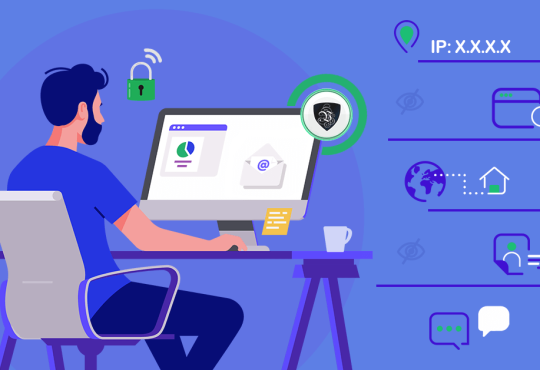
With mobile devices becoming a common sight in many countries across the globe, they are also becoming more equally balanced in terms of both Hardware and software. When it comes to software, their operating systems are something that has helped the devices propel forward almost overtook computers.
However, they can’t overtake them because of certain tech limitations. Yet, they continue to impress us.
When it comes to smartphones, phablets, and tablet computers, the biggest examples of companies operating in the mobile operating systems are Apple Inc. (iOS) and Google (Android) respective. Windows mobile is a player but at a small share.
Apple Inc. is unique in terms of both devices, products, and services. Its products are powered by its proprietary operating system, the Internet-based Operating System (iOS). Whereas, Google made Android not just for its line of Pixel phones but also for HTC, LG, Samsung, Xiaomi, Motorola, Lenovo, Tecno, Vivo, Redmi, Realme, Micromax, Panasonic, and a host of other brands.
Whenever someone intends on buying a smartphone, two common questions they ask is whether they should go for an iPhone or an Android phone? They don’t go for single or dual-core processors, or RAM, or storage size.
Why? Because users are more interested in the capabilities of the operating system which has been triumphing in the world of hardware and tech. Here are some important factors to consider when it comes to mobile operating systems and the consumer’s decision to choose any of the two (Android or iOS).
First of all, what are mobile operating systems?
Mobile operating systems are the foundation allowing people to run their favorite applications and programs on mobile devices. People usually do not shop for phones based on hardware but rather go for the operating systems allowing users to play their games, access settings and set as they please, and make use of the services available in the phone. The operating system is hence the backbone of a mobile device’s capabilities.
Hence, let us now dig into the main features of mobile operating systems and how they differ between different providers, based on facts provided by experts from a well-known mobile app development company in Fort Worth.
Factor # 1 – How easy is it to use the operating system?
Buttons and menus are vital to the mobile experience as much as the user’s ability to use them. It does feel impossible to download apps and access the things a device can allow a user to do if the settings and options are as complicated as rocket science.
There is a difference between an open app and start using a software application as well as the difference between shapes of menu buttons. If they are easily noticeable and understandable then it is a big plus. Using legible symbols that are like an easy hieroglyph also works.
When it comes to creating an operating system for mobile, it should be kept in mind that the end user’s experience should be best as it is essential. Yes, it is a core part of the mobile operating systems to ensure that the end user’s experience is the best. It should also be ensured that all pain points are addressed so the experience is not disrupted.
Factor # 2 – Giving users more power
In terms of gadget usage, users enjoy using all the options in their devices with relative ease, like changing the color scheme, changing the background wallpaper, how the device greets them when it starts, and the like.
The operating system’s developer often has a different design in mind in comparison to the user. Hence, users should be allowed to tune the phone as they like. With most mobile operating systems having a wide array of options for customization, it is best for them to keep looking until they find the phone they desire.
Factor # 3 – Variety of apps
When smartphones and tablets were introduced to the market, they made an impact not just due to their touchscreens but also due to the apps present in them. Some of them changed the gaming experience for the positive.
Apps are advanced to the point that app stores offer users the option to download new browsers from them. Other than that, the apps not only entertain users but have also helped bridge the gap between different segments of humanity.




